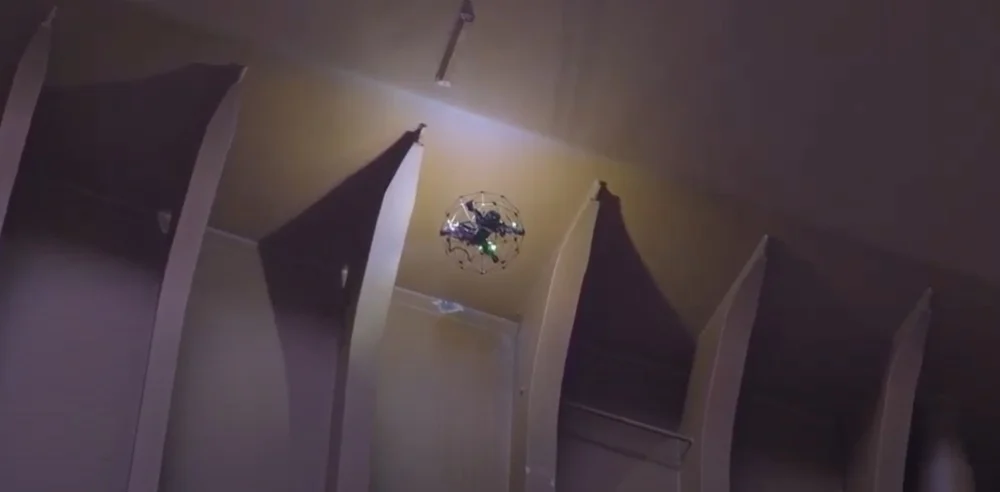23 Inches Heavy Duty Magnesium Wheels 23 Inches Heavy Duty Magnesium Wheels,Magnesium Alloy Wheels,Magnesium Hubs,Aluminum Rims Shamora Material Industry , https://www.shamorawheels.com
Flyability Partners with the ROBINS Project to Help Fill Technology Gaps in Ship Inspections
Flyability is thrilled to announce our collaboration with the ROBINS Project (ROBotics technology for INspection of Ships), which seeks to address critical gaps in the technologies currently utilized in ship inspections. This initiative is part of the ROBINS project, a collaborative effort partially funded by the European Commission under the Horizon 2020 EU Research and Innovation Program. The primary objective of ROBINS is to overcome technological and regulatory barriers that currently limit the integration of robotics and autonomous systems (RAS) into ship inspection practices.
The Elios 2 played a pivotal role in testing various operational scenarios, particularly in challenging environments such as ballast tanks, forepeaks, and cofferdams. These areas are notoriously difficult to navigate due to their narrow and obstructed layouts. Inspectors discovered that the Elios 2 not only met but exceeded expectations, delivering high-quality visual data comparable to conventional inspection methods.
Enrico Carrara, a Senior Technical Officer at RINA Services, S.p.A., highlighted the impressive results achieved during numerous tests conducted as part of the ROBINS project. He remarked, "We have tested the Elios 2 many times... in the framework of the ROBINS project, and we had really amazing results."
One of the most significant advantages of employing the Elios 2 is the enhancement in safety. By eliminating the necessity for human inspectors to enter hazardous confined spaces, the drone reduces risks significantly. Additionally, there are substantial cost savings associated with avoiding the construction of costly scaffolding required for traditional inspections.
[Related Reading: Shipping Inspections Smooth Sailing with Drone Technology]
Beyond technological advancements, ROBINS also focuses on addressing regulatory challenges. It aims to establish a consistent and universally accepted regulatory framework for evaluating RAS applications in ship inspections, aligning with guidelines set forth by the International Association of Classification Societies Recommendation 42. By conducting controlled trials and developing standardized protocols, ROBINS ensures that the data collected supports the seamless adoption of RAS across the maritime sector.
To learn more about how Flyability’s collision-resistant drones contribute to ship inspections, visit the ROBINS website. This project has received financial support from the European Union's Horizon 2020 research and innovation program under grant agreement No 779776.

*Image Caption: The Elios 2 gathering visual data inside a ship*

*This project has received funding from the European Union’s Horizon 2020 research and innovation programme under grant agreement No 779776.*
In conclusion, the partnership between Flyability and ROBINS represents a significant step forward in advancing ship inspection methodologies. By leveraging cutting-edge drone technology and fostering regulatory alignment, both organizations are paving the way for safer, more efficient, and cost-effective inspection processes in the global shipping industry.
